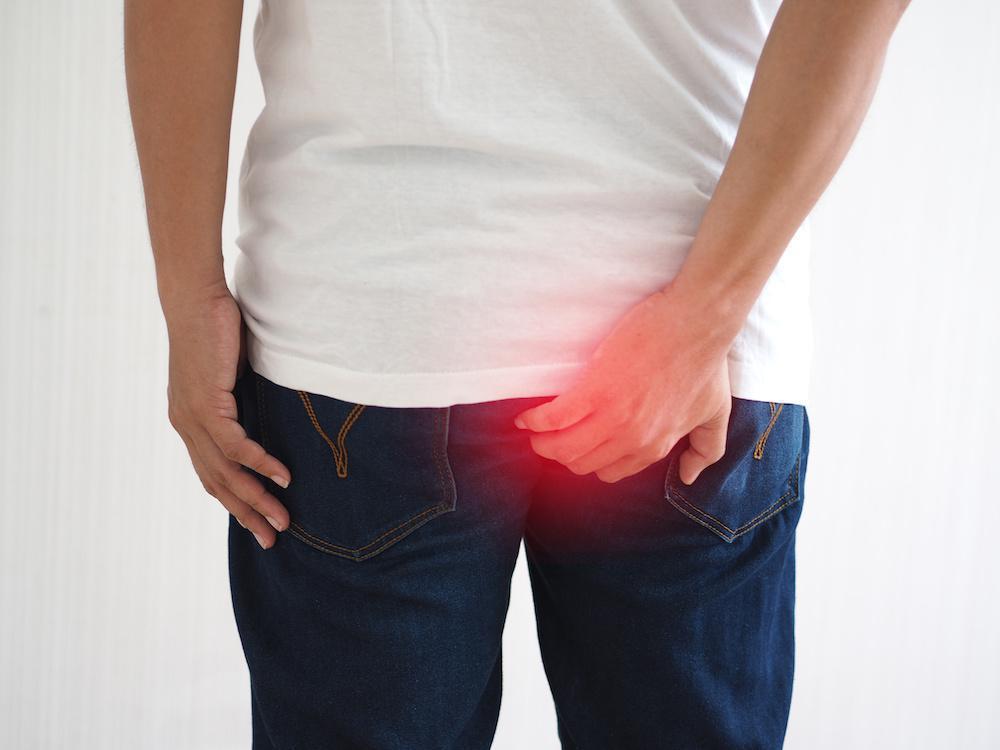
Understanding Hemorrhoid Duration: How Long Do Hemorrhoids Typically Last?
Hemorrhoids are swollen and inflamed veins in the rectum or anus, and they can be a source of discomfort and pain. The duration of hemorrhoids can vary from person to person and depends on several factors, including the type and severity of hemorrhoids, treatment methods, and individual healing processes. Here’s what you need to know about how long hemorrhoids typically last:
1. Types of Hemorrhoids:
Hemorrhoids can be classified into two main types: internal and external.
Internal Hemorrhoids: These are located inside the rectum and are less likely to cause pain. They may bleed during bowel movements and often go unnoticed until they become more severe.
External Hemorrhoids: These occur outside the anus and can be more painful and uncomfortable. They may cause itching, swelling, and discomfort, especially when sitting or during bowel movements.
2. Duration of Acute Hemorrhoids:
Acute hemorrhoids, which are characterized by sudden onset symptoms such as pain, swelling, and bleeding, can last from a few days to a few weeks. They often improve with self-care measures and treatment.
3. Duration of Chronic Haemorrhoids:
Chronic or recurrent hemorrhoids can last for an extended period, ranging from weeks to months or even longer. These may require ongoing management and treatment.
4. Self-Care Measures:
Many people find relief from hemorrhoids by adopting self-care measures. These include consuming a high-fibre diet, staying hydrated, practicing good anal hygiene, and using over-the-counter creams or suppositories to reduce pain and inflammation.
5. Medical Treatment:
If home remedies and lifestyle changes do not provide sufficient relief, a healthcare provider may recommend medical interventions such as prescription medications, minimally invasive procedures, or surgery, depending on the severity of the condition.
6. Preventive Measures:
Taking steps to prevent hemorrhoids from recurring is essential. This includes maintaining a high-fiber diet, staying physically active, avoiding straining during bowel movements, and managing conditions that contribute to hemorrhoid development, such as chronic constipation.
7. Seeking Medical Advice:
If you experience severe or persistent symptoms, such as heavy bleeding, intense pain, or prolapsed haemorrhoids (when they protrude from the anus and cannot be pushed back in), it’s crucial to consult a healthcare provider promptly. These symptoms may indicate a more serious issue that requires medical attention.
In summary, how long do hemorrhoids last can vary based on their type and severity, as well as the effectiveness of treatment and self-care measures. While acute hemorrhoids may last a few days to a few weeks, chronic or recurrent hemorrhoids may persist for an extended period. It’s important to manage symptoms, seek medical advice when necessary, and take preventive measures to reduce the likelihood of future flare-ups. Consulting with a healthcare provider can help determine the most appropriate treatment plan for your specific situation.


